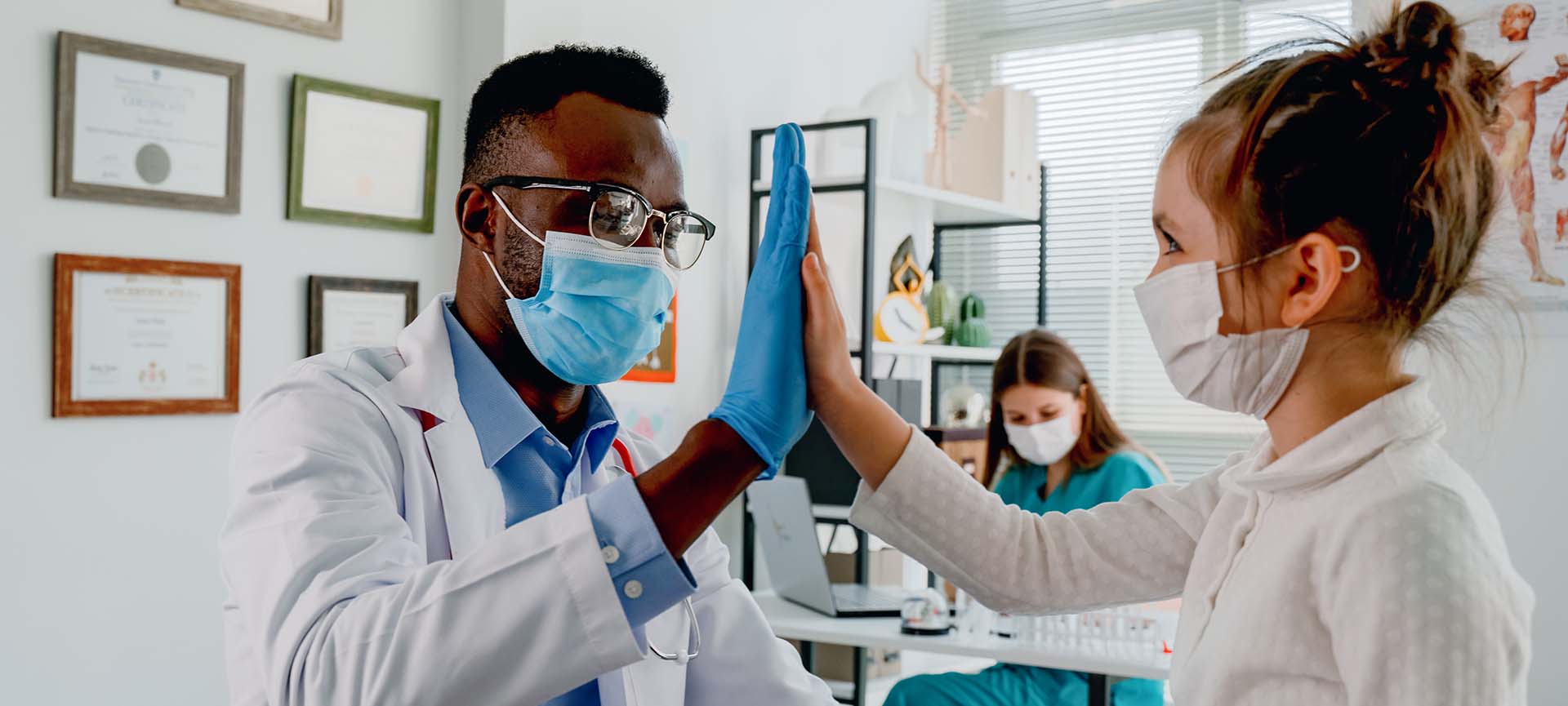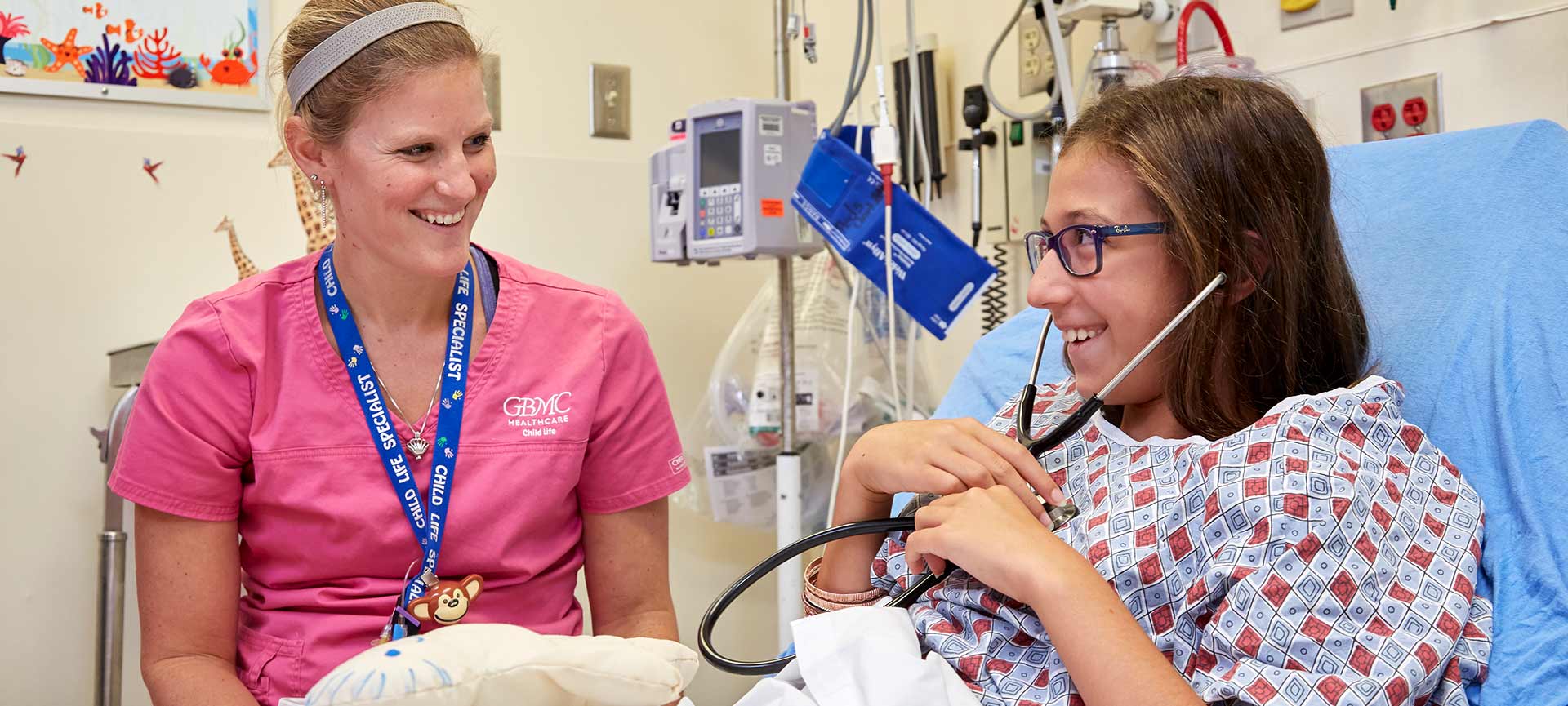Practical Parenting: Youth Suicide Prevention
October 18, 2024
TW: suicide prevention
Suicide is the second leading cause of death for individuals aged 10 to 24 in the United States. Particularly during and after the COVID-19 pandemic, there has been an alarming increase in suicide attempts for this age group, as evidenced by a 50% rise in emergency department visits for suicide attempts among 12 to 17-year-olds.
The pandemic's isolating effects exacerbated mental health challenges among young people, leading to increased feelings of hopelessness and disconnection. According to the Centers for Disease Control and Prevention’s 2021 Youth Risk Behavior Survey, approximately 22% of high school students reported suicidal thoughts, with LGBTQ youth facing the highest rates at nearly 48%. Open conversations about this issue are vital; avoidance will not make it go away.
Several risk factors contribute to suicidal ideation and attempts, such as social isolation, adverse childhood experiences (ACEs), and access to lethal means. Young people who feel disconnected from their peers, especially those in rural areas, face higher risks. Additionally, children with a history of trauma, abuse, or neglect are more susceptible to mental health struggles and suicidal thoughts. The presence of firearms in homes also significantly increases the risk of suicide.
On the flip side, protective factors such as strong relationships with family and peers, community connections, and access to mental health resources can help mitigate risks. Parents can work with children, even at young ages, on building coping and problem-solving skills to foster resilience.
One key takeaway is normalizing discussions about suicide, just as we do for physical health topics like sex and substance use. Parents are encouraged to engage their children in honest conversations about mental health and suicidal thoughts. Using direct yet compassionate language can make it easier for young people to share their feelings and seek help.
Warning signs that a child might need help include talking about killing oneself, feeling hopeless or like a burden to the family or others, difficulties managing depression or other mental health disorders, suddenly not engaging in typical activities, feeling like you have to walk on eggshells around them, sudden substance use, and huge changes in sleep or performance at school.
The national suicide prevention hotline, 988, is a valuable resource, not just for those in immediate crisis, but also for individuals experiencing anxiety or panic attacks. This number connects callers with trained counselors who can provide support and resources.
Education and community involvement are crucial in addressing youth suicide. The upcoming Maryland Youth Suicide Prevention Summit, co-chaired by Dr. Theresa Nguyen, Chair of Pediatrics at GBMC HealthCare, aims to bring together clinicians, educators, and lawmakers to strategize on mitigating this crisis. Schools play a vital role as they often serve as the first line of defense for students.
There are also things parents can do to limit access to lethal means in the household, including safely storing firearms by locking them away separately from ammunition; limiting social media use; and locking away prescription medications, sharps, and potential ligatures.
The conversation about youth suicide is crucial and must continue within families and communities. Parents should engage proactively in these discussions and create a supportive environment for their children. By fostering open dialogue, identifying risk factors, and utilizing available resources, parents can play a significant role in safeguarding the mental health of their children.
Resources:
- 988 National Suicide Prevention Hotline (available 24/7 for crisis support)
- The Trevor Project (resources specifically for LGBTQ youth)
- Maryland Department of Health
Listen on ...





